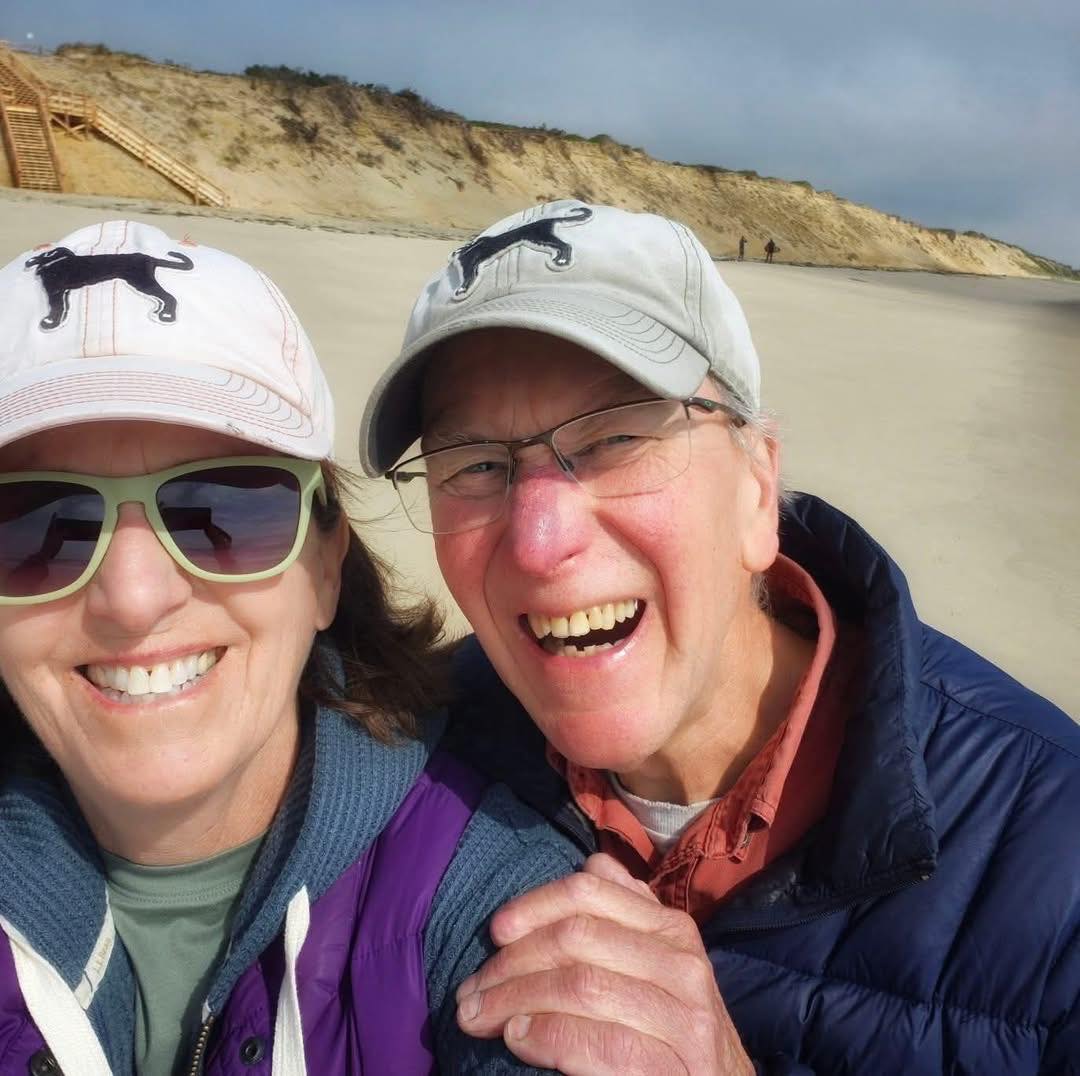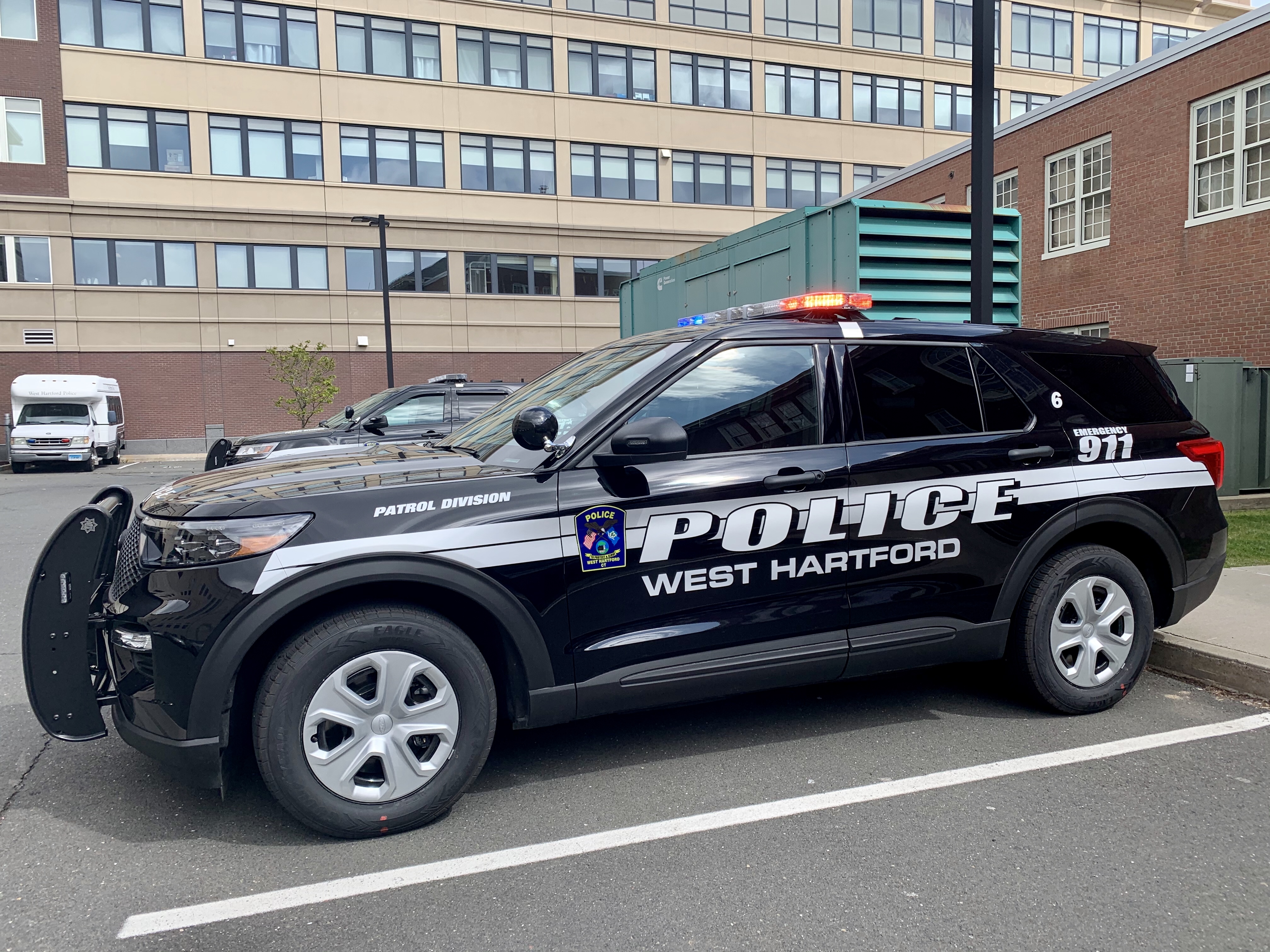Op-Ed: We’re Facing a Climate Change ‘Code Red,’ Here Are 10 Local Ways to Help

Audio By Carbonatix

Courtesy image
How actions by West Hartford residents can impact climate change.
By Owen R. Eagan
I was going about my day, enjoying a summer vacation after graduating from law school, when some climate news hit me like a punch to the gut.
The Intergovernmental Panel on Climate Change, a United Nations institution that is perhaps the world’s most definitive authority on the subject, had released a new report. As you may have heard, the results were not good.
The report showed that our situation is so dire, in fact, that U.N. Secretary-General António Guterres described it as a “code red for humanity.” After reviewing over 14,000 academic studies to produce its findings the report offered the sobering conclusion that “[i]t is unequivocal that human influence has warmed the atmosphere, ocean and land.”
The IPCC report also found that, as global warming accelerates, changes in the climate system become larger. This means that events like heat waves, droughts in some regions, and heavy precipitation become more likely as the world heats up.
As someone with a strong interest in preserving our environment, these findings struck me as especially troubling. And when I think of my nephew, who turns one this year, looking out upon the world we are leaving behind for him, I take them as a renewed call to action.
The emissions reductions we achieve today and moving forward, as the IPCC report noted, can reduce the negative effects that we face later in the century. We therefore have a responsibility to our children and future generations to act in every way we can to stave off this impending crisis.
I know that we have the potential at the local level to make a meaningful impact in reducing our world’s greenhouse gas emissions.
I pursued my honors government thesis at Georgetown University on local responses to climate change. I found out through my research that cities are responsible for as much as 75% of global emissions. That means that each of us living in our local community has an opportunity to make a difference in our world’s climate trajectory.
Significantly, West Hartford has already made official strides in a sustainable direction. For instance, this summer, building on a plan from 2009 and commitments to groups such as Climate Mayors, the town adopted an aspirational plan aiming for 100% clean energy usage within the community by 2050.
West Hartford Deputy Mayor Leon Davidoff emphasized that all of our personal efforts to lower our environmental impacts continue to be essential to achieving our town’s sustainability goals.
“We can’t do it alone. It just can’t be government solely participating in energy conservation and clean energy efforts.” Davidoff said. “It’s going to require our residents to reduce their energy use, to think differently about how they use non-renewable resources.”
In the spirit of local action, here are 10 ways that you can help reverse the trend of climate change in your everyday life.
(1) Schedule a home energy audit. According to a 2020 report of West Hartford’s Clean Energy Commission, residential energy use accounts for over 40% of our town’s total energy consumption, and so the potential efficiency gains in this area are substantial. A professional can sometimes survey your home to improve its efficiency free of charge, so be sure to investigate your options.
(2) Inspect your home’s insulation to increase its energy efficiency. Even without an audit, you can find ways to improve your home’s efficiency (and perhaps reduce your energy bills) with quick fixes like putting up thicker shades on your windows or buying a draft stopper for your door or with bigger projects like adding insulation to your walls or attic.
(3) Think about getting an electric car. With the Clean Energy Commission report showing that transportation accounts for about 25% of West Hartford’s energy use, investments in electric cars are a key part of a sustainable path forward for our community. A possible federal rebate for an electric car may make it a more affordable option.
(4) Consider adding solar panels to your home. As the Clean Energy Commission report indicates, a steadily increasing number of West Hartford homes have gone solar in recent years, with over 700 homes now having solar panels. Perhaps now is a good time to join your neighbors in making the switch to solar power in your home.
(5) Contact our elected leaders about your environmental concerns. Samantha Dynowski, a West Hartford resident who is the state director of the Sierra Club Connecticut Chapter, suggested that people should voice their environmental concerns to our elected officials at the town, state, and federal levels even if they feel intimidated by the issue.
“I think even if you’re not sure what to say, if you have a concern, you should speak up about it,” Dynowski said. “It’s not our job to understand every policy, but to express the concern, and it’s their job to help figure out how to best address it.”
(6) Be environmentally conscious when making your dietary choices. Catherine Diviney, the West Hartford Energy Specialist who also serves on the Clean Energy Commission, said there are many ways town residents can reduce their daily environmental impacts. One personal suggestion she gave was to encourage people to consider more eco-friendly food options.
“I would say that people can think about their food systems, you know, what they eat, and try to eat lower on the food chain,” Diviney said. “And think about where you buy [your food] and think about how you grow it – I mean, you can even grow it yourself.”
(7) Invest in green companies. If given the chance, would you rather choose to support a company with a large carbon footprint or one that cares for energy efficiency? Your answer may help drive our economy in a more sustainable direction. Review your investment portfolio to ensure that it aligns with your values.
(8) Clean out your email. Our holding on to unnecessary emails forces data centers to use extra energy to store them. You can help clean up the environment by cleaning out your inbox from home!
(9) Be active in your community. One way to start would be by reaching out to the West Hartford Clean Energy Commission or by attending one of its meetings.
(10) Reduce, reuse, and recycle! This is the old standby: keeping this simple mantra in mind can help you find creative ways to live more sustainably.
If we all take on our share of actions aimed at environmental conservation, the world we will give to my nephew and people of his generation will be cleaner, greener, and more prosperous for it.
Let’s get to work to give the younger generations the bright future they deserve.
Owen R. Eagan received his J.D. from the Georgetown University Law Center and his B.A. from Georgetown University, where his honors government thesis on local climate change responses earned honors with distinction, the highest designation possible. Portions of this article were drawn from research completed for that thesis and for a presentation based upon the work that Owen offered at an event hosted by West Hartford Libraries in July 2018.
We-Ha.com will accept Op-Ed submissions from members of the community. The views, opinions, positions, or strategies expressed by the author are theirs alone, and do not necessarily reflect the views, opinions, or positions of We-Ha.com. We reserve the right to edit all submitted content.
Like what you see here? Click here to subscribe to We-Ha’s newsletter so you’ll always be in the know about what’s happening in West Hartford! Click the blue button below to become a supporter of We-Ha.com and our efforts to continue producing quality journalism.




[…] Credit: Source link […]
[…] Source link […]
This is a great topic to bring up, but I’m afraid Atty. Owen’s suggestions are well-known and widely adopted, especially in climate-conscious West Hartford – and don’t really address the carbon crisis which is urgently upon us. Drawdown.org has done extensive research, updated frequently, and calculated the carbon impact of solutions across a number of industries and sectors. Ms. Diviney’s note about changing the composition of our plates would actually be far more impactful than every driver in WeHa switching to an EV, according to the ranked solutions from Drawdown. Other ideas with significant impact: utility scale solar and wind (rather than residential), forest restoration and management, and switching to alternative cement in construction. I encourage everyone to take a look at the resources on the Drawdown site and find an area of interest to adopt in their own lives.